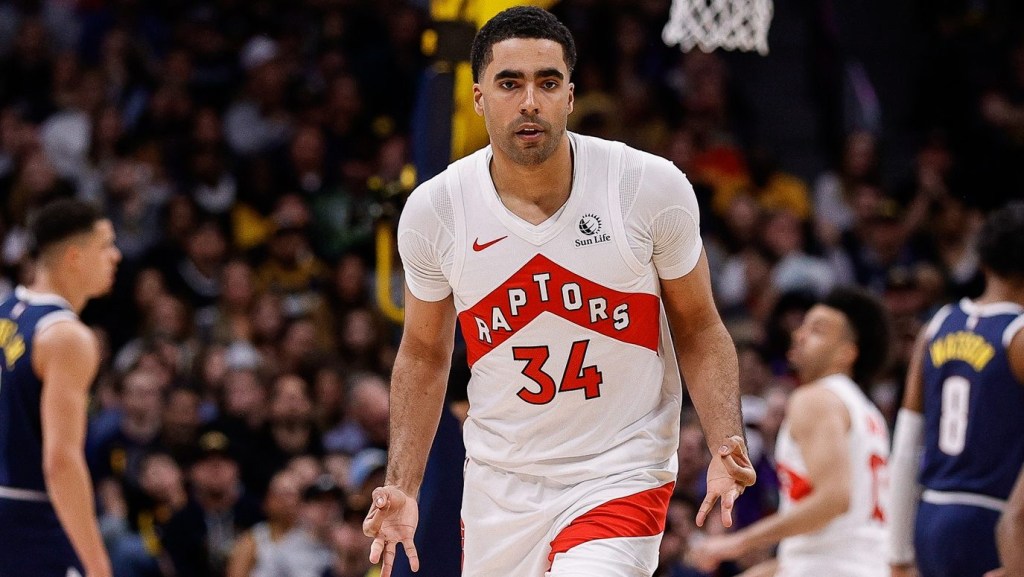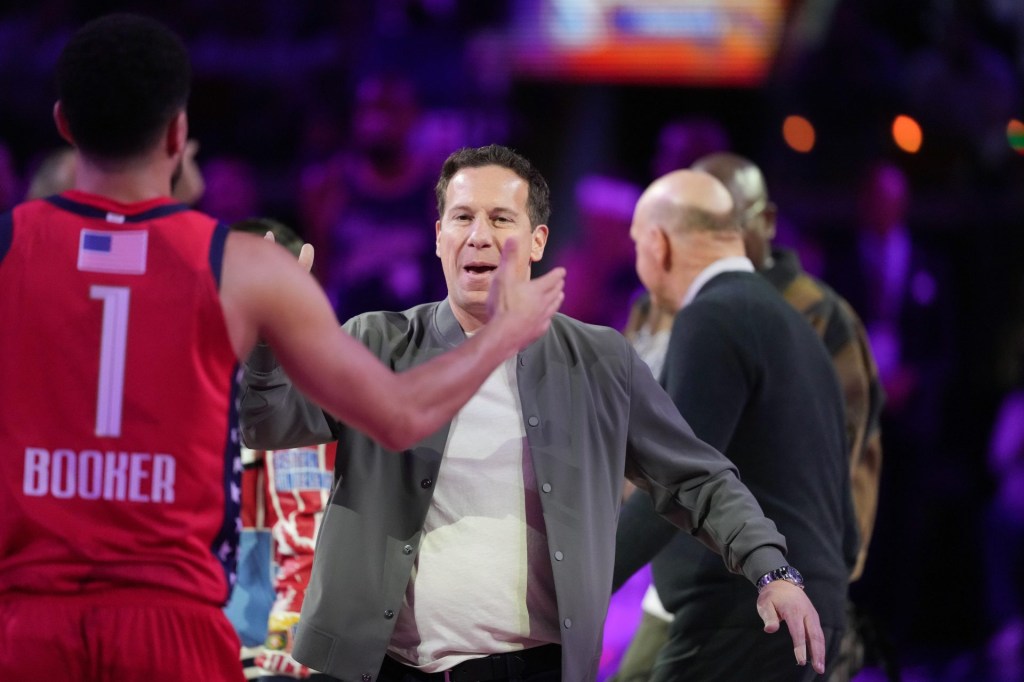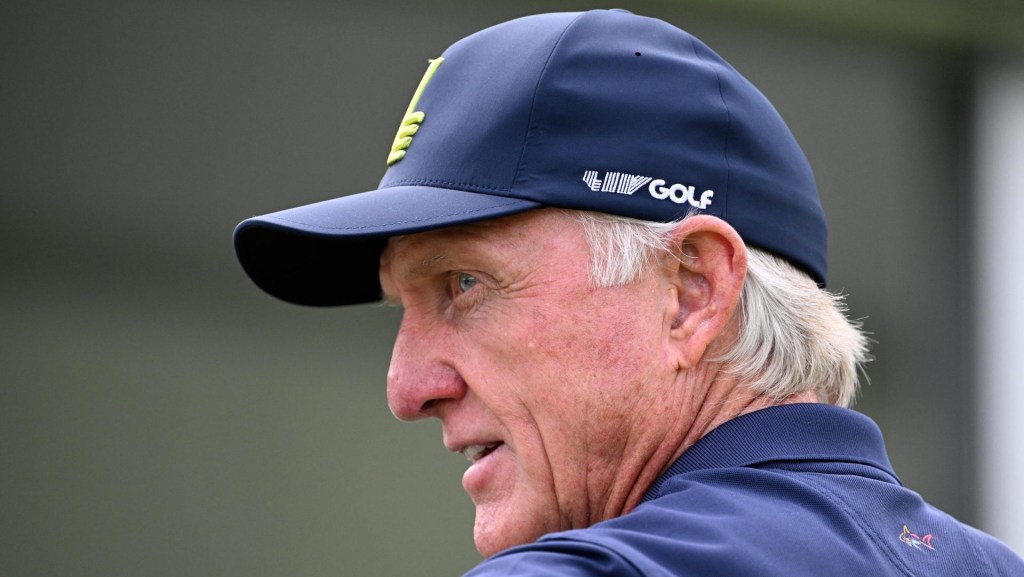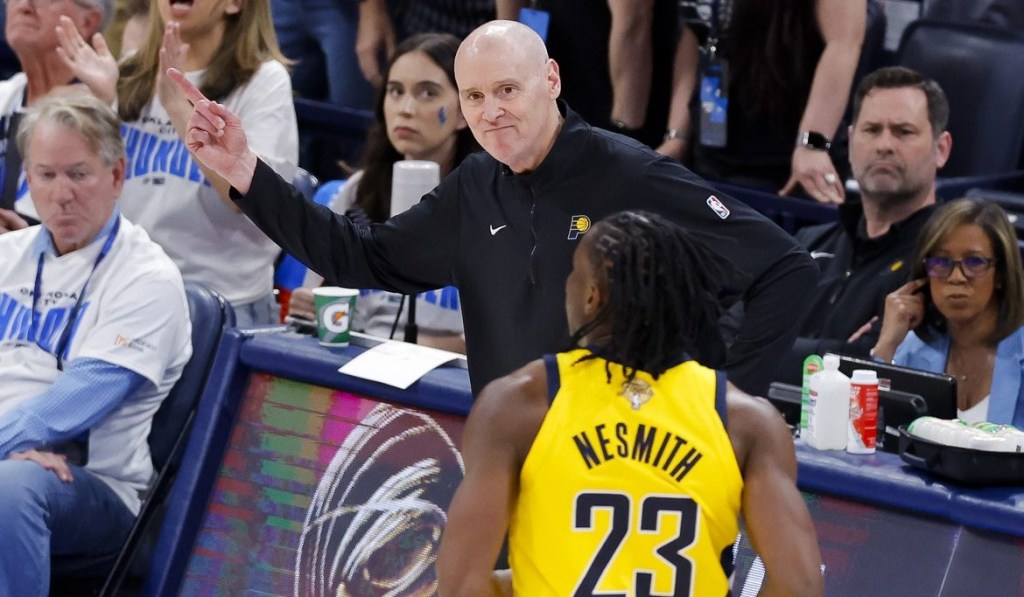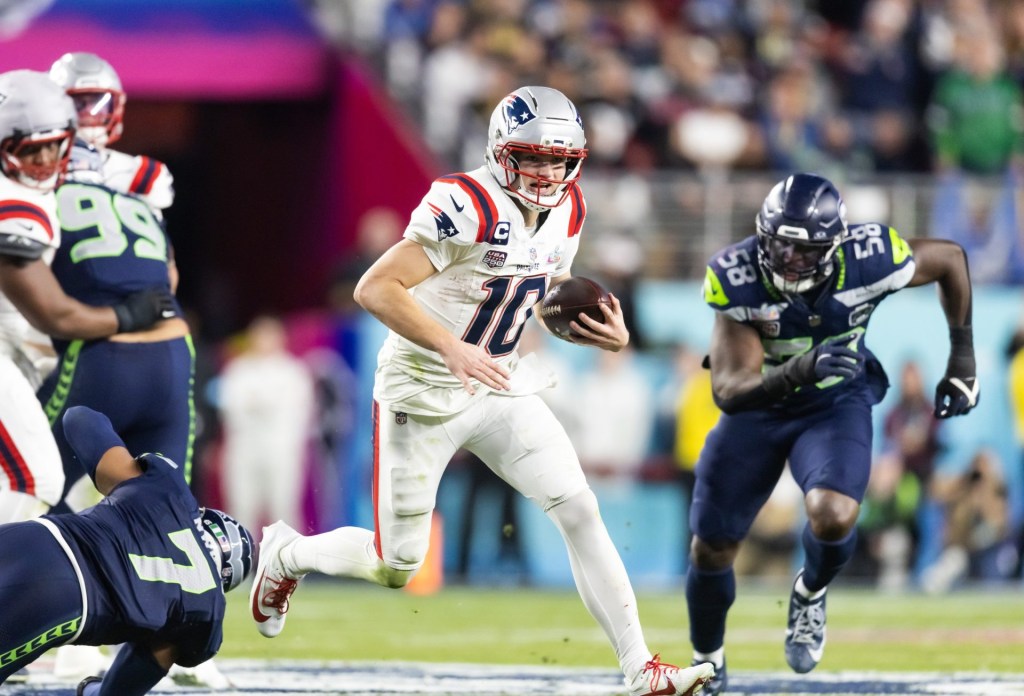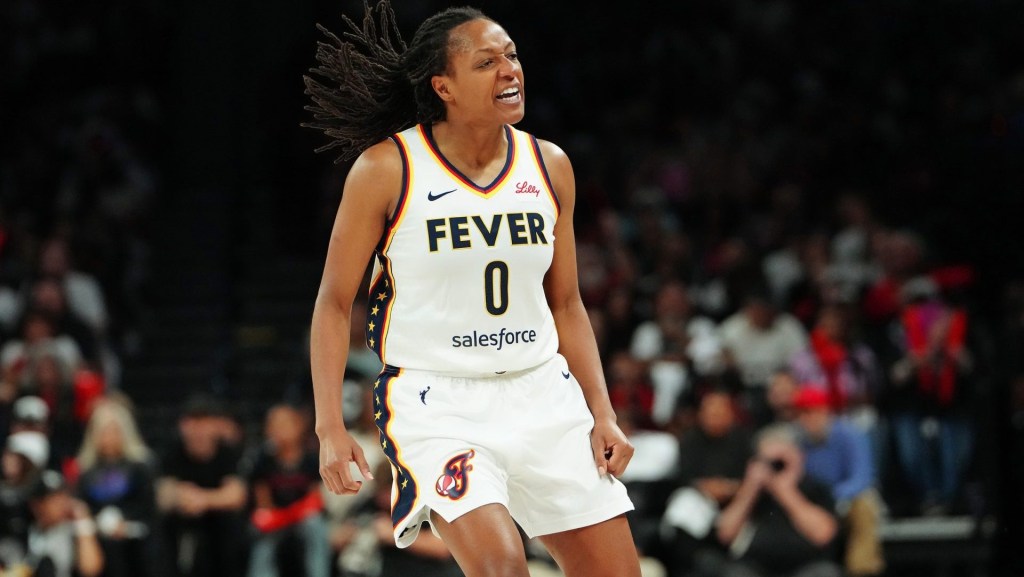Editor’s Note: This story was updated
Once a cornerstone of NFL offenses — not to mention fantasy leagues — running backs are facing perhaps their greatest struggle for a fair piece of the league’s expanding economic pie.
Saquon Barkley agreed early Tuesday to a one-year deal worth up to $11 million after a bitter negotiation with the New York Giants, and previously receiving the 2023 running back franchise tag for $10.091 million — as did the Dallas Cowboys’ Tony Pollard and Las Vegas Raiders’ Josh Jacobs, who is now holding out on training camp.
No free-agent running back was able to hit $7 million in annual salary this past offseason, and the number of backs earning at least $12 million has been halved from eight in 2022 to four now.
The depressed market prompted a Zoom meeting Saturday among top players at the position to discuss the issue, attended by Barkley, Jacobs, Cleveland’s Nick Chubb, and several others.
“We’re the only position where our production hurts us the most,” Chubb said to ESPN. “If we run for 2,000 yards, the next year they’re going to say, ‘You’re probably worn down.’ It’s tough.”
The NFL’s salary cap rose 7.9% this year to $224.8 million and is set for bigger increases in future years. But running backs haven’t been able to fully benefit as the league continues its conspicuous shift to a pass-first mentality.
“This all has to do with injuries. This is a high-impact, collision position,” former Atlanta Falcons scout and former NFL offensive lineman Russ Bolinger told Front Office Sports. “Running backs are more susceptible to injuries than ever, and the cap guys have figured out this is a high-risk position.”
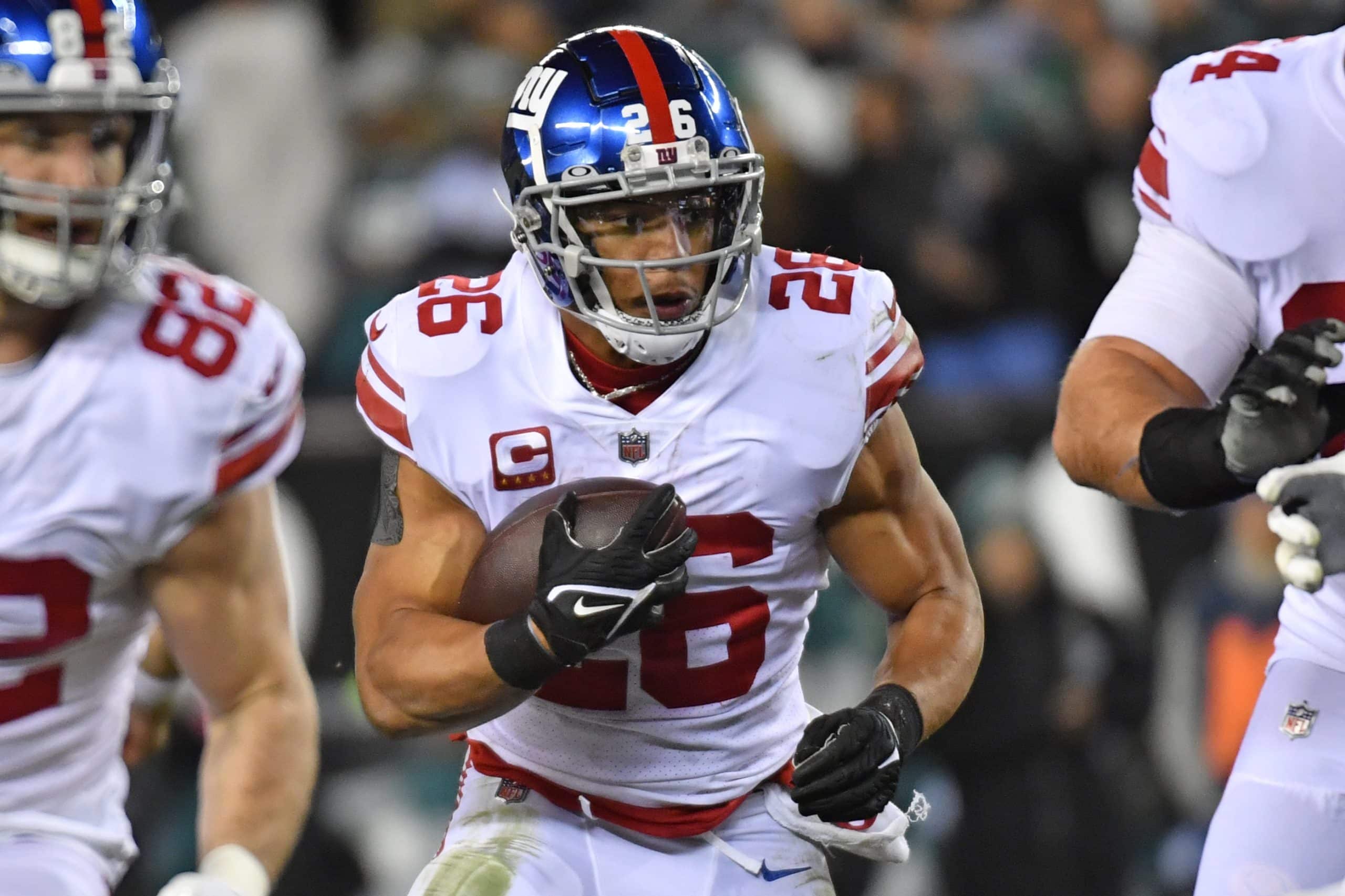
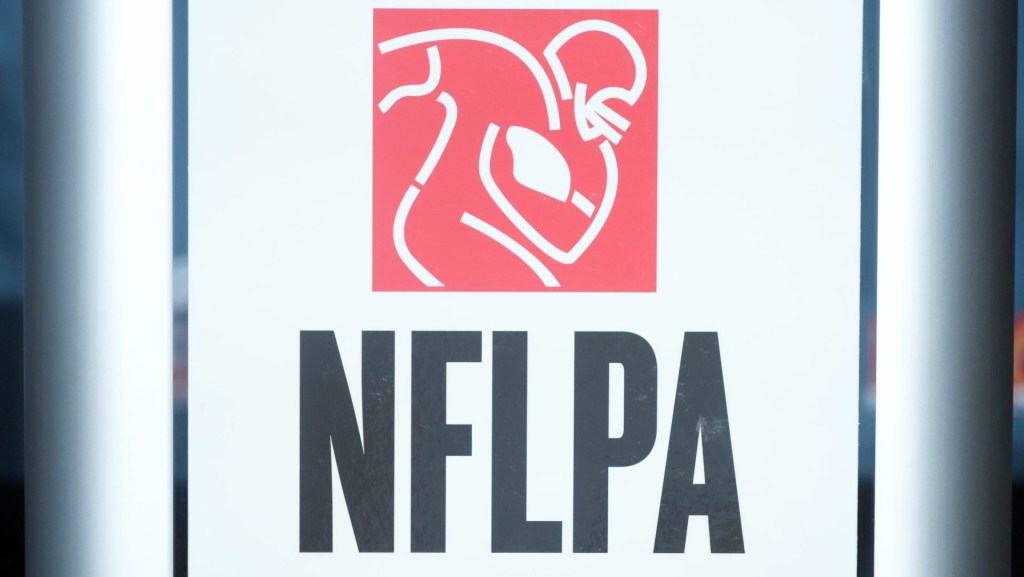

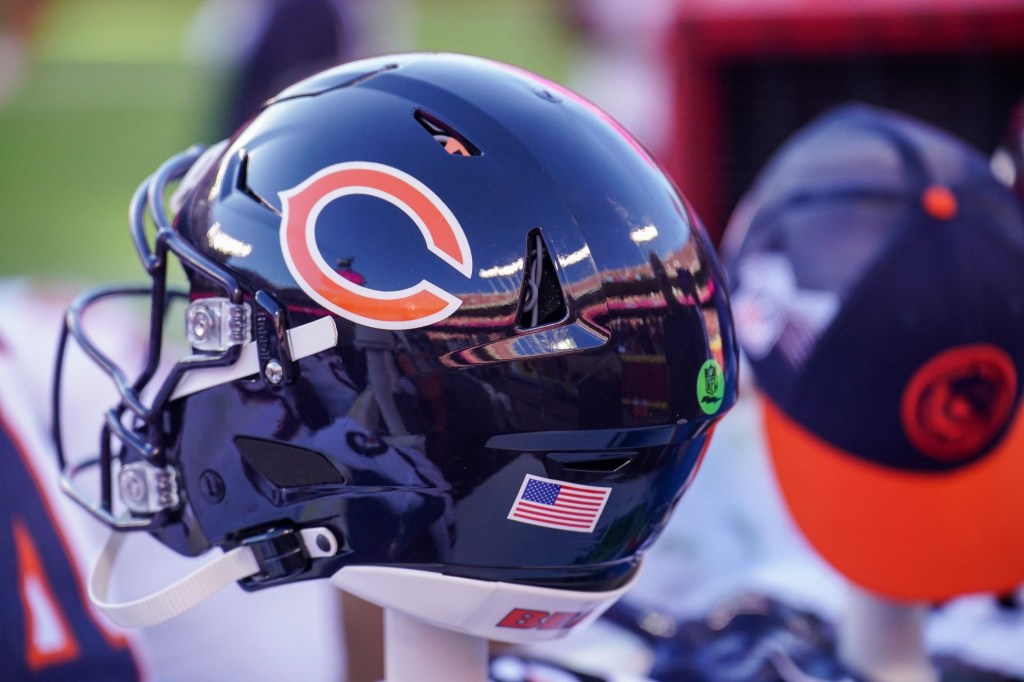

![[Subscription Customers Only] Jul 13, 2025; East Rutherford, New Jersey, USA; Chelsea FC midfielder Cole Palmer (10) celebrates winning the final of the 2025 FIFA Club World Cup at MetLife Stadium](https://frontofficesports.com/wp-content/uploads/2026/02/USATSI_26636703-scaled-e1770932227605.jpg?quality=100&w=1024)




